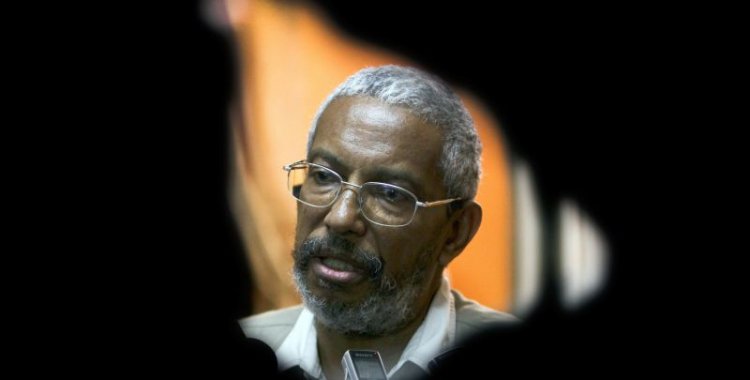"I think that this wave of strikes should be seen in the sequence of others, which were drawn in previous years, of course the approach of the elections amplifies the wave and makes the demands more incisive", said Fernando Pacheco in statements to Lusa.
For the well-known Angolan agronomist, the country's current social climate, marked by workers' demands, is the result of deficient governance policies, both in terms of solving the problems that affect workers and in relation to the country's difficulties in general, such as inflation and the cost of living.
"It is in this perspective that we can see this wave of strikes", he stressed.
On Monday, the Angolan doctors started the second phase of a strike, which was suspended for three months, due to "non-compliance with agreements by the employer", on the same day that the judicial technicians of the Angolan Supreme Court and the prosecutors also started the interruption of its services.
University professors from public education have been on strike for almost three months and those from general education are also threatening to paralyze, while employees of the public electricity production company also admit to stop at the end of this month.
According to Fernando Pacheco, the difficulties that Angolan institutions have "are not only those directly linked to the executive power, but also to the legislative and judicial power", involve citizens in decision-making processes and also contribute to current claims.
"After a few years in which the level of participation had improved considerably - I am referring to the first two years of the administration of President João Lourenço - after that that level of participation dropped significantly", he observed.
In the opinion of the President's adviser, the public media "resigned from their role of educating and informing" and this attitude also translates into a "perfect cocktail for this social unrest" materialized in the strikes.
"We must say that not only the strikes that are shaking the social climate, the increase in vandalism is another aspect that we must take into account in order to try to understand what is happening in Angolan society at the moment", he observed.
Asked about complaints about non-compliance with agreements signed with employers, according to the strikers, Fernando Pacheco said that the stance reflects the "lack of dialogue that, at the same time, undermines trust".
"But this is, as I said, the result of such a lack of dialogue, when there is no dialogue, there are agreements that are not fulfilled, this all undermines trust and the keyword that we can find today to possibly explain or solve the problem is trust", he stressed.
On the one hand, "workers lose trust in institutions and institutions do not seek to earn that same trust on the part of workers, (ie) on the one hand, they seek to gain trust and, on the other hand, trust is not transmitted".
"It is very difficult to think that problems can be solved through decisions that do not have to do with the involvement of workers", said the Angolan engineer.
Fernando Pacheco also admitted that social tension may have an "upward path" until the general elections, scheduled for next August, because the "current party-political game at the moment is not positive".
And, "once again, (there is) the problem of trust, the courts, specifically the Constitutional Court (TC) are not giving confidence to citizens regarding the problem of recording party congresses".
"This is very bad, this is just more gasoline thrown into the fire of social unrest", concluded the member of the Council of the Republic of Angola.
At stake are decisions on the validation of the congress of the National Union for the Total Independence of Angola (UNITA), the main opposition party, still pending in the TC.
The court has not yet ruled on the congresses of the National Front for the Liberation of Angola (FNLA), the target of internal dispute, and the Popular Movement for the Liberation of Angola (MPLA), the ruling party.







